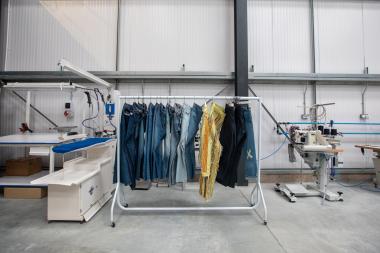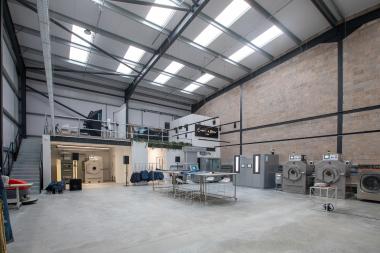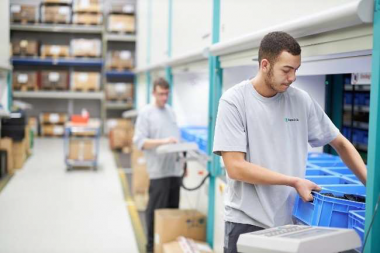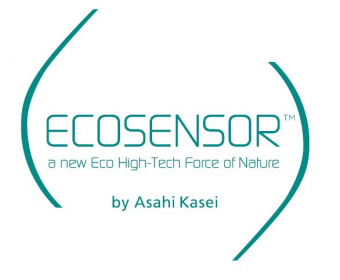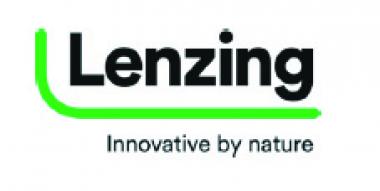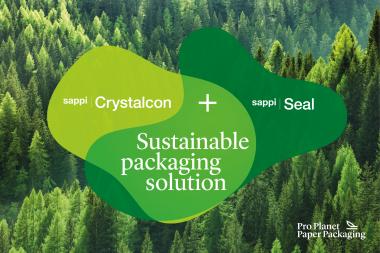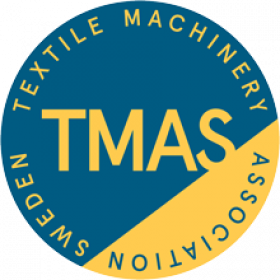ISKO opens product development centre based in UK – Creative Room London
The opening of this facility marks the expansion of ISKO’s Creative Room Services (CRS) division and its dedication to the continuation of responsible production.
ISKO has opened its first product development centre, based in London. Creative Room London is a unique and innovative space and the first of its kind in the UK. It is the latest initiative of Creative Room Services (CRS), a division of ISKO devoted to offering streamlined and simplified solutions for all denim requirements – from fabric to finished garment.
With a focus on sustainable washing and finishing techniques, customers at Creative Room London will be able to work in parallel with experts to achieve their desired denim looks. Together with machine technology partner Jeanologia, they have been able to develop innovative washing and finishing techniques that meet the highest quality and sustainability standards with a significantly lower environmental impact.
The Creative Room London will also be the central point for their customer’s full product development, ensuring the whole process is agile and more efficient. As well as a hub for its customers, Creative Room London will also act as a platform of education and support for the wider denim community, working with local talent and universities to share knowledge and to bring ideas and concepts to life.
ISKO / Menabò Group srl


